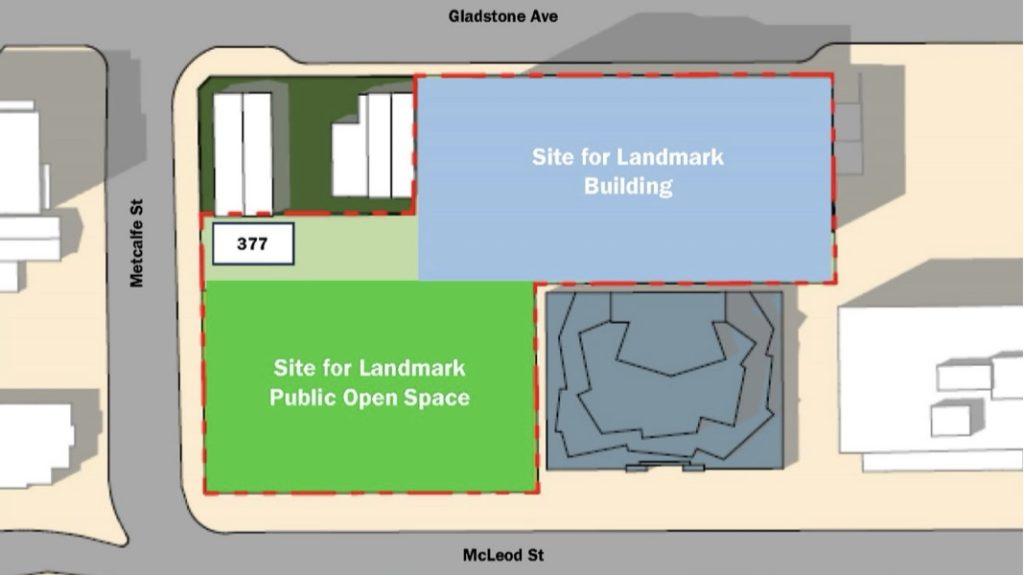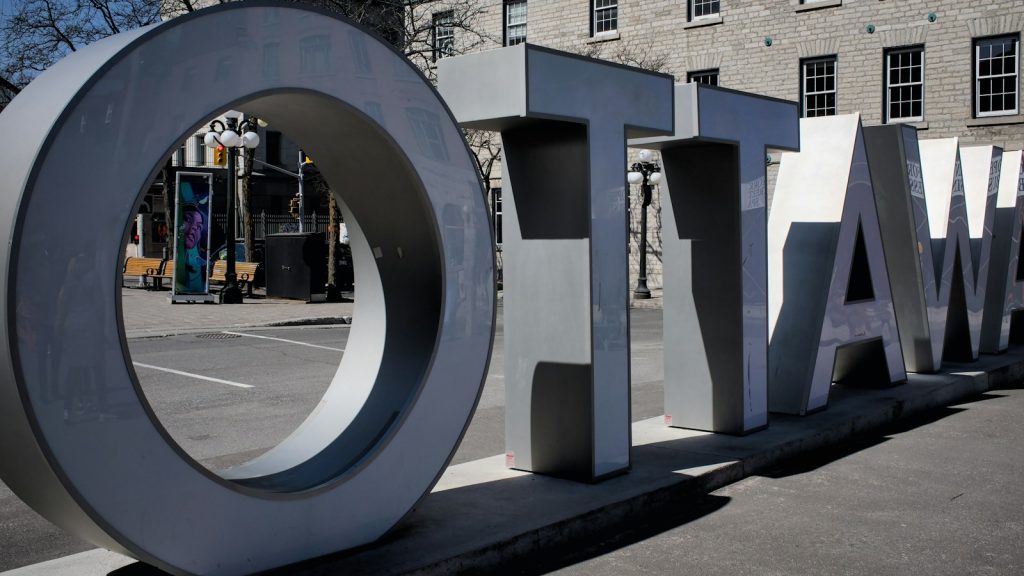‘Frustrating and irresponsible:’ Families with underlying health conditions and kids returning to school feel left out of Ministry’s, boards’ plans
Posted Jul 18, 2020 01:35:00 AM.
For Ottawa resident and parent Burcin, the thought of her 14-year-old son going back to school in September makes her uncomfortable, to say the least.
Her son, who is in grade 9, is on an anti-TNF medication to reduce inflammation and an immunosuppressant. For him, going back to school is scary.
“He might get very sick — sicker than any other kid at his age,” she said. “We need to make sure social distancing is kept at all times — desks, chairs, etc. are disinfected. (And that) kids and teachers wear masks indoors.”
Then there’s Shannon Bendell, whose child isn’t the one with the compromised immune system — but herself, as she is a Type 1 diabetic, which makes her vulnerable to the virus.
“My concerns for September are in terms of safety precautions,” Bendell, who is a mother to two other children, explained. “I absolutely believe all three of my children require full time in-person learning. But that needs to be done with caution and with the full support of our provincial government. All teachers and all students who are capable of tolerating a mask should be required to wear them. (Classes) should be kept small and cohorts should not be intermixing.”
What Bendell is very concerned about is how this plan by the school boards and province will work in high schools as “each cohort does not take the same classes,” she points out.
While many parents have been vocal about wanting their kids to return to school come this September — as their voices were heard during a a meeting with school board trustees last week over Zoom — it turns out that not all parents are actually for it.
At least, not yet.
In fact, many — like Burcin and Benell, among others — have come forward to say they’re actually nervous about September because either they, their child or someone their child lives with has an underlying health condition that compromises their immune system — making them potentially more susceptible to catching COVID-19 or more at risk of passing it on to family members who are more vulnerable.
There’s even been a Facebook group started by parents who are concerned about their children returning to school fo this very reason, it’s called “Navigating Covid Life for Immunocompromised and High Risk Parents — Ottawa.” And while it is still fairly new, the group is approaching 100 members.
And until the province and their school boards have a plan for their child to return to school safely, the reluctancy to send their kids back to their respective schools with everyone else is strong.
Some families who fit into the “vulnerable” category say they feel the province or school board has left them out of the planning process, or has not considered them when designing the plan.
Michael Ranney is a father to five-year-old twins. His wife Sarah lives with Crohn disease, an autoimmune disorder where her immune system attacks her intestines, resulting in pain and inflammation. If left untreated, Sarah could require surgery to remove the damaged areas of her intestine.
He says for him, the whole planning process has “felt like a major top down failure.”
“The government is providing limited guidance to school boards,” Ranney said. “Boards are having to scramble to come up with some semblance of a plan because the government clearly doesn't want to take the lead. Schools are left in the lurch as the school boards try and figure out some way to manage this. And all the while teachers and families are fending for themselves trying to make sure our kids are supported in whatever way we can. Meanwhile there is a ton of media attention on what will happen inside of schools and we hear nothing about how families like mine will be supported.”
All this, he says, has made him and his family “very afraid of the virus.”
“We don't know what it would do to my wife — the entire world still doesn't understand all the impacts of the virus,” Ranney said. “But with a very weakened immune system, we know my wife is in the high risk category for COVID-19. While the rest of the city and province is opening up, we are still keeping our bubble to just our household.”
Lindsey Evans, a mother two boys — one four-and-a-half year old, the other one-and-a-half — is in a similar situation.
“My current concerns are the lack of guidance from public health officials and experts from disease interest groups related to return-to-school for children that live with ‘at risk’ family members,” she said. “Why aren't we considering solutions that take their learning needs and development into consideration? How do I make a decision, when the only advice from public health has been ‘self-isolate.’ After nearly six months, there should be an opportunity to provide better evidence-based recommendations to both families and to schools to facilitate learning.”
Evans feels like she and others like her in this situation have been forgotten about.
She has even tried contacting the Ministry of Education and her MP to advocate for the need to determine an effective approach to “vulnerable” families.
When reached for comment, the Ministry of Education said they have been working with school boards as they prepare for the three scenarios for September to make sure students and staff can return safely.
“We understand that parents may not feel comfortable sending their child back to school in September, and we respect that choice,” the statement said. “We will continue to prioritize the health and safety of students, parents, and staff.”
They also stressed that returning to in-class learning will be voluntary and there will be an expectation for school boards to deliver both in-class and remote learning.
The Ottawa-Carleton District School Board (OCDSB) says it would like to reassure parents, guardians and students that they will demonstrate their “commitment to equity principles and wherever possible will differentiate the delivery model to address the needs” of their cost “vulnerable” students.
They point out that they had asked parent to complete a voluntary survey to gather feedback with the Learn At Home model — giving them the opportunity to share their thoughts on the plans for the next school year.
“We are working with the health authorities and other partners to consider what measures need to be in place to support learning and ensure the safety of students and staff,” their statement said. “No final decisions have been made and there are still many details to work through. In August, we expect additional direction from the Ministry of Education and we will be sharing those details as soon as we receive them.”
The Écoles Francophones du CEPEO also provided a statement, saying it is following the Ministry of Education’s lead to make sure all students return to schools safely.
Translated from French, the statement said, “We continue to work closely wth public health units to inform our plan. We will update parents as soon as possible.”
In all cases involving the school boards that provided a response, it was unsure if an exact plan is being thought of vulnerable families in mind — and if they are, what those plans entail.
For Ranney, the response from either school board and the Ministry of Education seems shallow, and leaves him feeling frustrated.
“They are ‘making plans’ to be released in August, giving teachers and parents less than a month to prepare?” he said. “Do they actually think that (their plans) can be thrown together in less than a month? They already wasted the first four months of the pandemic when they could have been developing and implementing systems to support families.”
He also calls the inability to manage their time “irresponsible.”
“It is really frustrating hearing the media, and politicians and even health experts talking about how children need to be back in school full time, while ignoring the fact that there are countless families out there at a high risk of severe illness and death from this virus and simply cannot return,” Ranney said. “We don't have any accurate data of how children are impacted or how well they transmit it to others. Some families are liable to find out the hard way. I refuse to let my family be one of them.”
A definitive answer as to how September will be rolled out for the 2020 school year is expected to come down the pipes in August. Until then, parents — on both sides of the fence — will have to wait to hear what the province and school boards have come up with.










